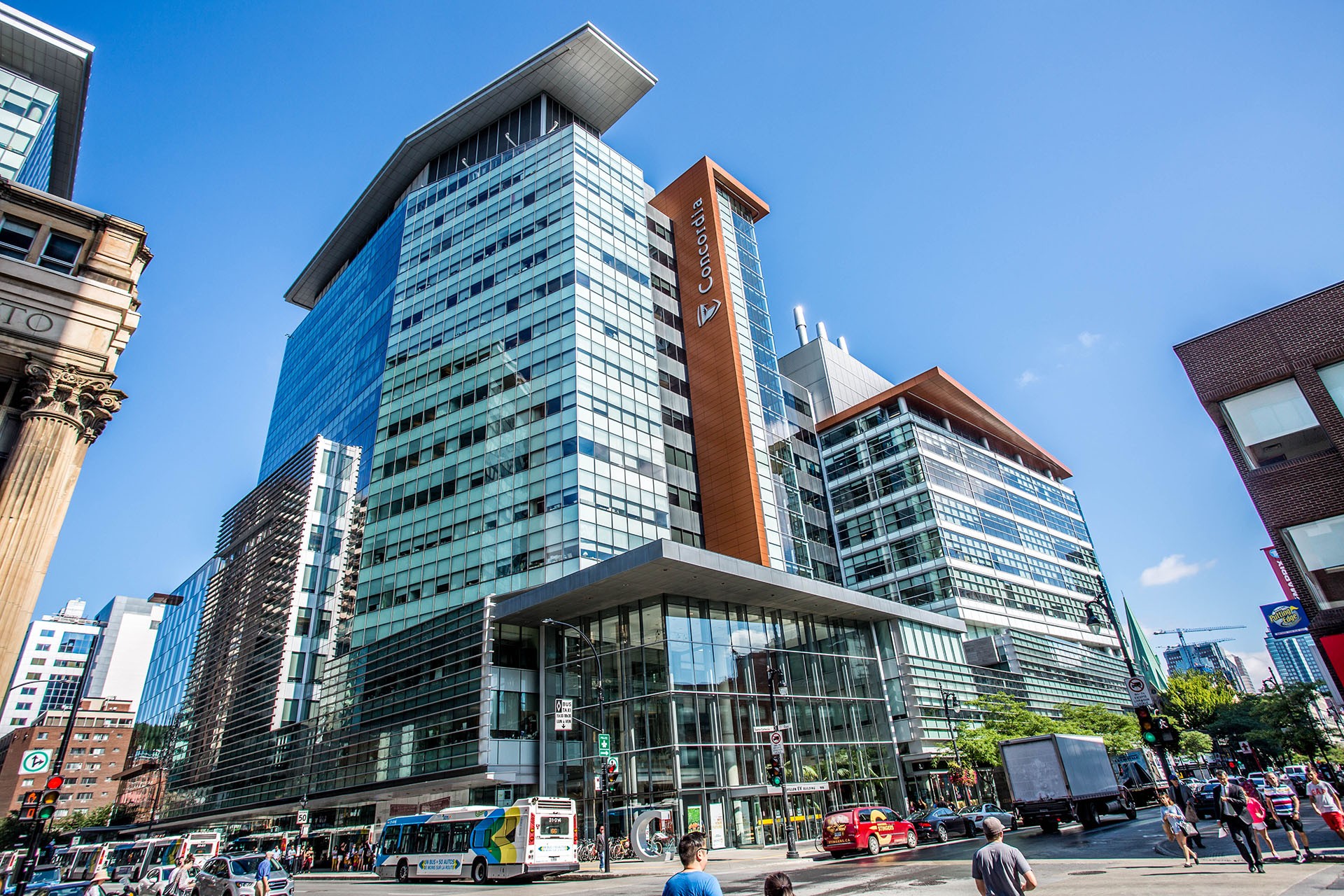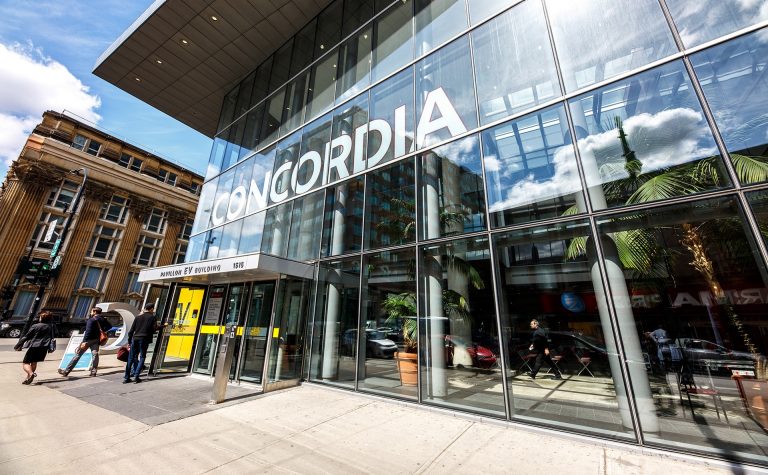Concordia University offers a Bachelor of Arts (BA) degree program in Sociology. The program is designed to provide students with a comprehensive understanding of society, social relationships, and the factors that shape human behavior and social structures.
Here is a general overview of what the Sociology program at Concordia University might include:
Core Courses: The program typically includes core courses that introduce students to the foundational theories, concepts, and methods of sociology. These courses may cover topics such as sociological theory, research methods, social inequality, social change, and sociological perspectives on various social issues.
Social Theory: Students study key sociological theories that help them understand and analyze social phenomena. They explore classical sociological theorists such as Karl Marx, Max Weber, and Emile Durkheim, as well as contemporary sociological perspectives. These theories provide a framework for examining social structures, institutions, and processes.
Research Methods: The program emphasizes the development of research skills and knowledge of sociological research methods. Students learn how to design research studies, collect and analyze data, and interpret sociological research findings. They may have opportunities to conduct their own research projects or participate in ongoing research initiatives.
Specialization Areas: Students may have the option to choose specialization areas within sociology that align with their interests and career goals. These areas may include social inequality, gender and sexuality, race and ethnicity, criminology, globalization, social movements, health and illness, urban sociology, or environmental sociology. Specialization courses provide in-depth exploration of specific sociological topics.
Applied Sociology: Some programs may offer courses or opportunities for students to apply sociological knowledge in practical settings. This can include internships, community-based research projects, or fieldwork experiences where students engage with organizations or communities to address social issues and understand the practical applications of sociological concepts.
Elective Courses: Students have the flexibility to choose elective courses from a range of sociological topics. These courses allow students to further explore areas of interest, expand their knowledge of specialized topics within sociology, or broaden their understanding of social issues and phenomena.
Critical Thinking and Analysis: The program fosters critical thinking and analytical skills. Students learn to critically evaluate social structures, cultural norms, and social institutions. They develop the ability to analyze and interpret social phenomena, identify patterns and trends, and understand the social implications of various social issues.
Sociological Writing and Communication: Students develop strong written and oral communication skills specific to sociology. They learn how to effectively communicate sociological concepts, theories, and research findings through written assignments, presentations, and discussions. These skills are essential for articulating sociological ideas and engaging in scholarly dialogue.
The BA program in Sociology at Concordia University prepares students for various career paths in areas such as social research, policy analysis, social services, advocacy, community development, human resources, market research, or further studies in sociology or related fields at the graduate level.
Show less 



